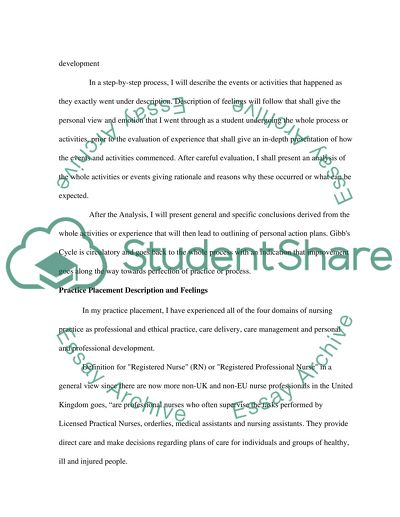Cite this document
(“RN/Diploma/BSc (Hons) Nursing - Adult, Module 3, Assessment Practice Essay”, n.d.)
RN/Diploma/BSc (Hons) Nursing - Adult, Module 3, Assessment Practice Essay. Retrieved from https://studentshare.org/miscellaneous/1536714-rndiplomabsc-hons-nursing-adult-module-3-assessment-practice-reflection-type-summative
RN/Diploma/BSc (Hons) Nursing - Adult, Module 3, Assessment Practice Essay. Retrieved from https://studentshare.org/miscellaneous/1536714-rndiplomabsc-hons-nursing-adult-module-3-assessment-practice-reflection-type-summative
(RN/Diploma/BSc (Hons) Nursing - Adult, Module 3, Assessment Practice Essay)
RN/Diploma/BSc (Hons) Nursing - Adult, Module 3, Assessment Practice Essay. https://studentshare.org/miscellaneous/1536714-rndiplomabsc-hons-nursing-adult-module-3-assessment-practice-reflection-type-summative.
RN/Diploma/BSc (Hons) Nursing - Adult, Module 3, Assessment Practice Essay. https://studentshare.org/miscellaneous/1536714-rndiplomabsc-hons-nursing-adult-module-3-assessment-practice-reflection-type-summative.
“RN/Diploma/BSc (Hons) Nursing - Adult, Module 3, Assessment Practice Essay”, n.d. https://studentshare.org/miscellaneous/1536714-rndiplomabsc-hons-nursing-adult-module-3-assessment-practice-reflection-type-summative.


